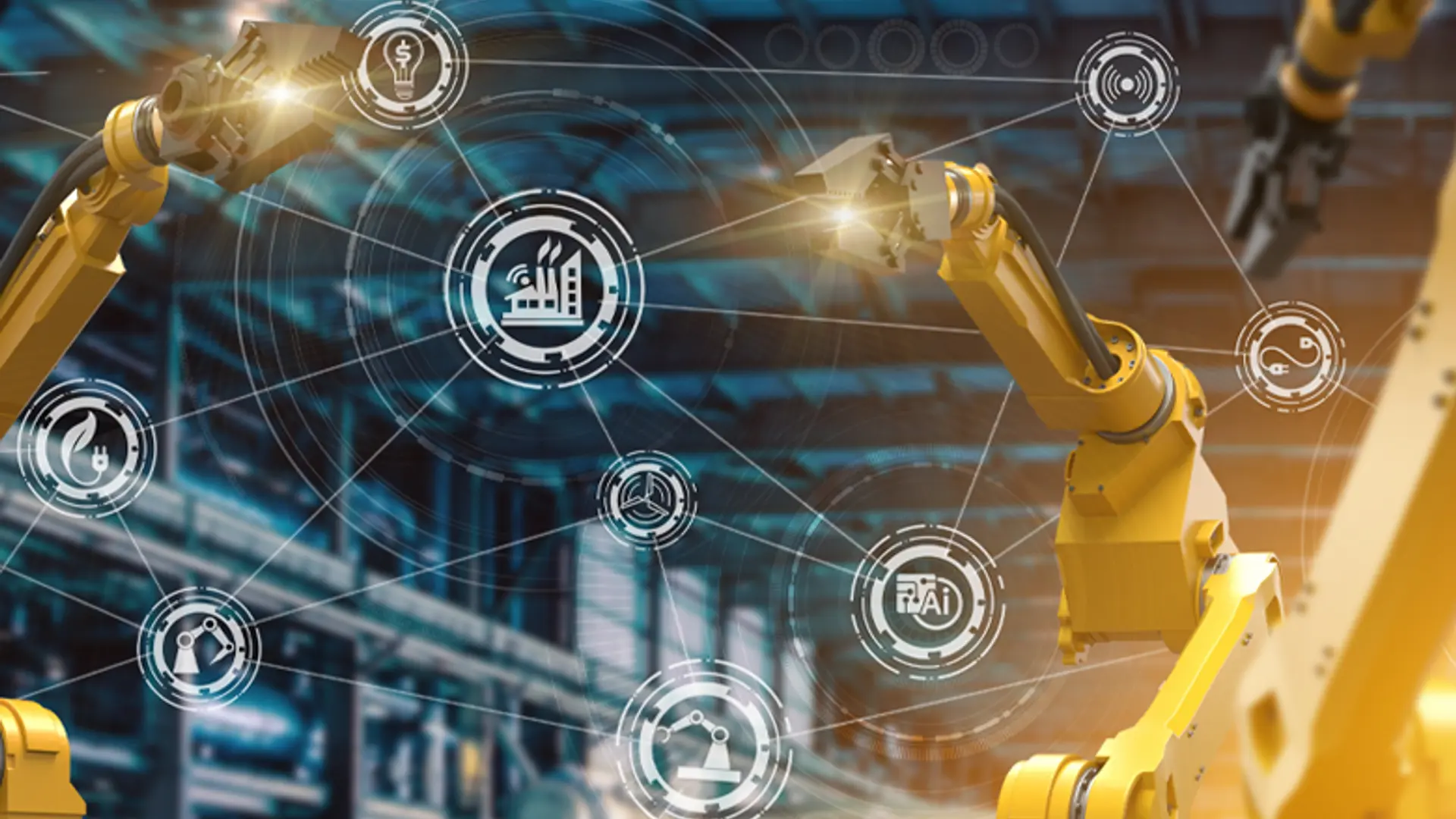
This is a user generated content for MyStory, a YourStory initiative to enable its community to contribute and have their voices heard. The views and writings here reflect that of the author and not of YourStory.

The Future of Artificial Intelligence in Manufacturing Industries

This is a user generated content for MyStory, a YourStory initiative to enable its community to contribute and have their voices heard. The views and writings here reflect that of the author and not of YourStory.

Artificial intelligence (AI) is now transforming the manufacturing industry. AI can extend the sheer reach of potential applications in the manufacturing process from real-time equipment maintenance to virtual design that allows for new, improved, and customized products to a smart supply chain and the creation of new business models.
Artificial intelligence (AI) in the manufacturing industry is being used across a variety of different application cases. It is being used as a way to enhance defect detection through sophisticated image processing algorithms that can then automatically categorize defects across any industrial object that it sees.
A Brief About Artificial Intelligence
The term artificial intelligence is used because these machines are artificially incorporated with human-like to perform tasks as we do. This intelligence is built using complex algorithms and mathematical functions. Artificial intelligence (AI) is used in smartphones, cars, social media feeds, video games, banking, surveillance, and many other aspects of our daily lives.
The Usage of Artificial Intelligence
It’s being used to analyze sensor technologies and internet of things (IoT) technologies that are looking into the industrial manufacturing process to collect data to understand how to improve those efficiencies in terms of the production output.
Artificial intelligence is also being used as a way to support simply enhancing the individual operator experiences either through augmented reality technologies that are assisting in field workers being able to perform their duties or otherwise in just supporting various health and safety aspects of their field workers.
Supporting them to make sure that they’re wearing the correct personal protective gear and also supporting them throughout the entire operational process. making sure that if they fall in that the artificial intelligence can pick them up making sure that entire operations are safe.
The Transformation of Manufacturing by Artificial Intelligence
1) Artificial intelligence (AI) is transforming the manufacturing industry by augmenting operators through the active analysis of all of the process and quality data coming off a manufacturing line.
2) Through the analysis of this data, operators can be provided with the optimal decision-making at the point that they need to.
3) This might be computer vision used for quality inspection to flag where surface defects have occurred. It might be the analysis of the process data to recommend changes in the production variables to prevent defects that might occur due to variation in the raw material, or it might be the analysis of the machine data to prevent failure of that machine at some future date through predictive maintenance.
4) In order to leverage AI, data must exist. In most cases, it has been found that there is already a large amount of valuable data at the manufacturing sites.
5) This data might be in PLC’s historians or even logbooks and we often have to work with our customers to uplift this data from typically a siloed environment into a much more holistic space.
6) This might be mapping the data processor rather than data through the process as well as inferring traceability where traceability doesn’t exist between two processes.
7) AI-based sensor technology and advanced analytics embedded into the machinery can provide fast and accurate information on possible machine problems as well.
8) Artificial intelligence (AI) is making great strides in improving efficiency in manufacturing environments, leading to better performance. Managers can also make more informed business decisions with the implementation of AI as it also provides critical information.
9) AI-equipped cameras provide levels of sensitivity to spot the items that need corrections immediately. Machine-vision software uses computer vision to spot microparticles and surface defects while enabling computers to see, process, and learn from collected data. Not only can this boost an inspection process but it can also ensure changes in the final product.
10) Artificial intelligence not only plays a role in operational levels of production but also in optimizing manufacturing supply chains, pattern recognition, or analysis of consumer behavior. This is to ensure an organization can predict shifts in the market, but plans, track metrics or even automate processes in the output, quality, or cost control of analytics. In addition, with AI algorithms able to formulate estimates on the information gathered, manufacturers can also optimize manpower, raw material availability, inventory management, and many other vital processes for the industry.
Report
According to a study report developing AI capabilities in industrial manufacturing is not only critical for economic transformation but also a mechanism toward sustainable competitive advantages.
Conclusion
To sum up, Artificial intelligence (AI) is transforming and revolutionizing the manufacturing industry in industrial revolution 4.0 AI has played a vital role in uplifting the growth of the manufacturing industry. I have came across many companies who are providing solutions for problems in the manufacturing industry and one such company is Aeologic Technologies which is actively working in this sector. Manufacturers from all over the world are reaping plenty of benefits from artificial intelligence (AI) and optimizing the productivity of their businesses.



